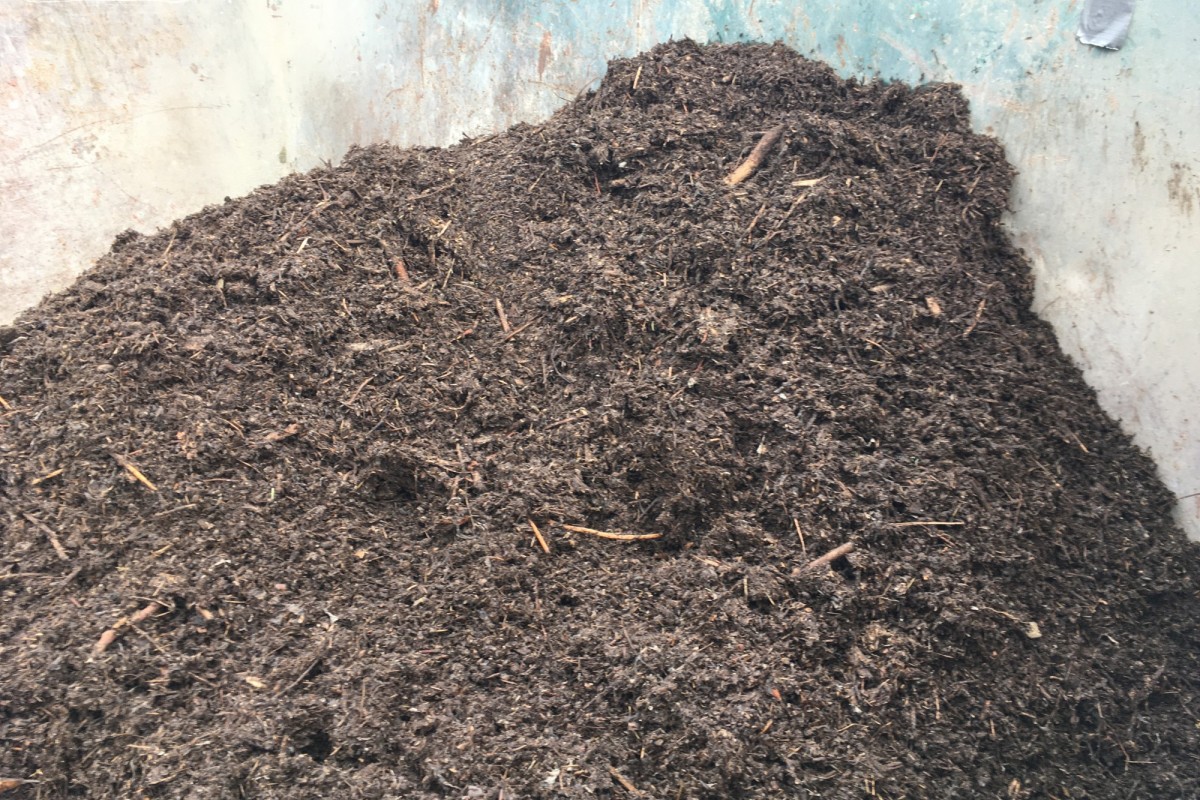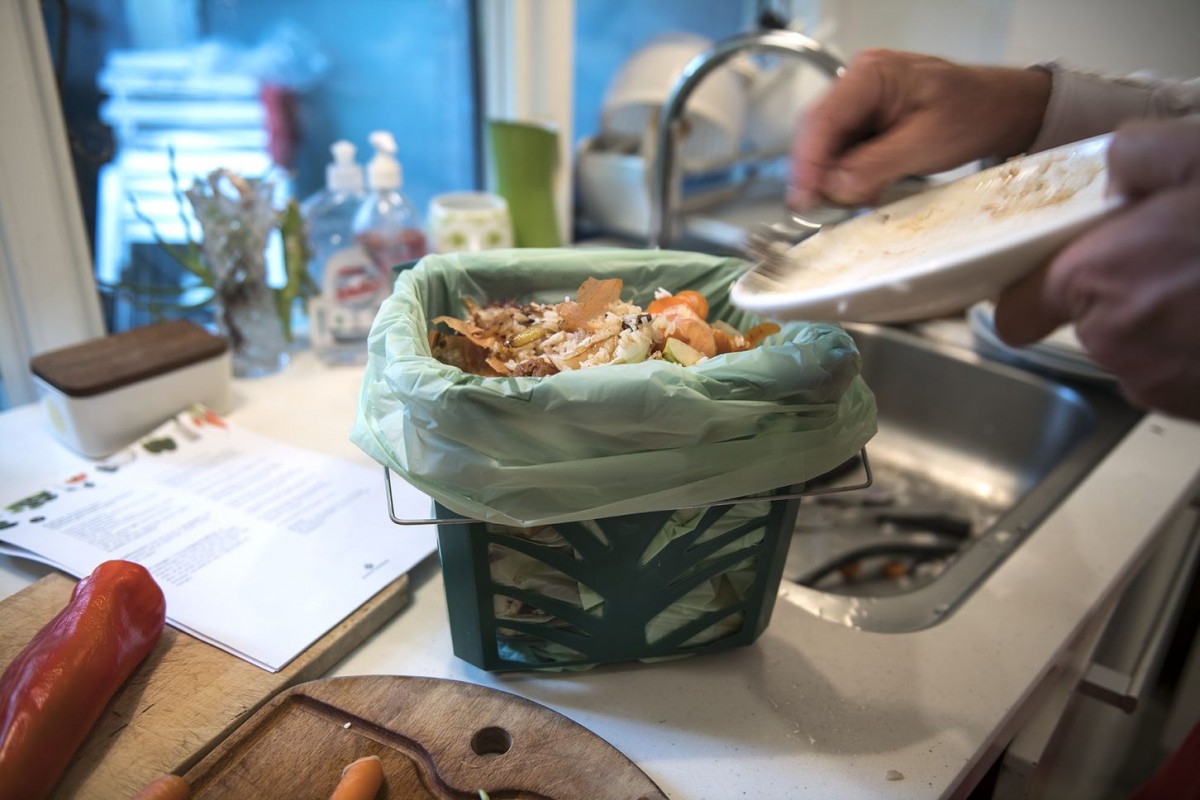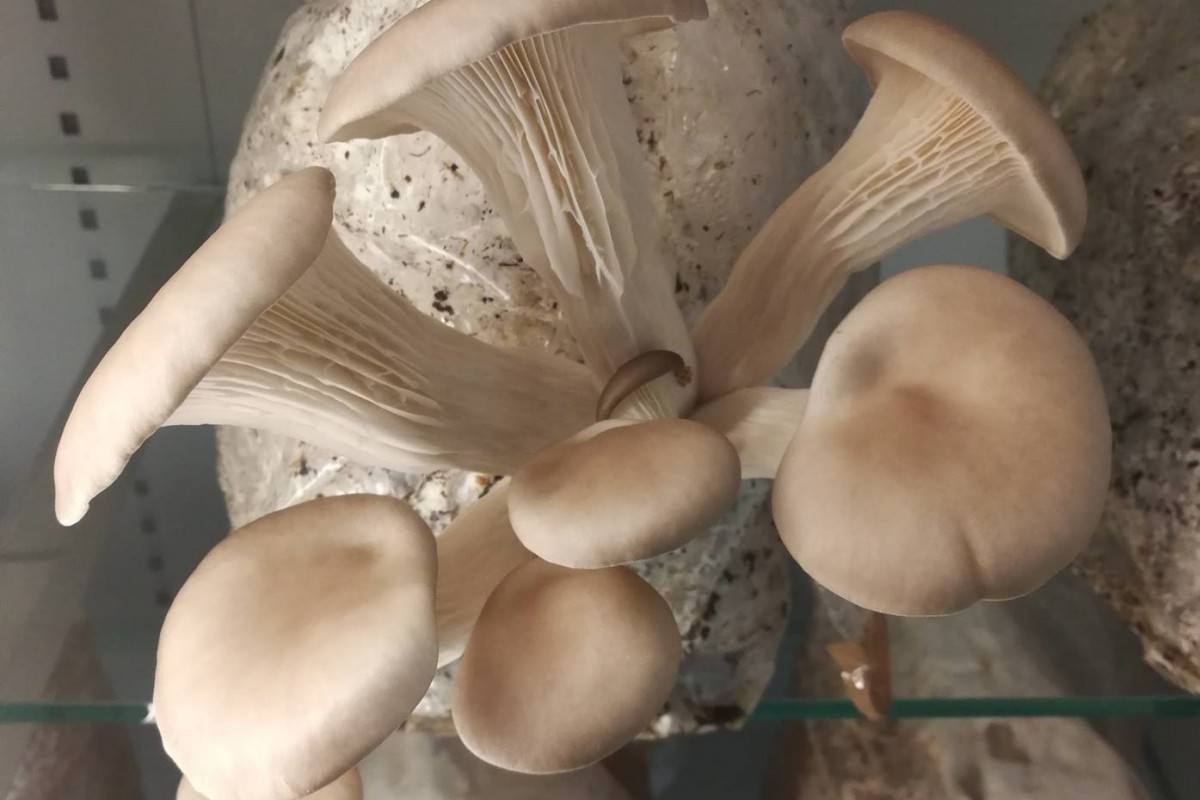Regenerate

Regenerate
The take-make-waste linear economy must make way for a more resilient economy based on regeneration rather than extraction.
The circular economy helps regenerate nature and benefit biodiversity. It reduces primary resource demand, e.g. by extending product lifespans, and increasing reuse and recycling. This frees up space for natural habitats. Circular economy also reduces the use of hazardous substances which harm our environment. Materials and products that contain such substances are neither suitable for reuse or recycling. Lastly, the circular economy depends on nature’s ability to regenerate the natural resources that are used to uphold the economy. For the circular economy to work regeneration must be stronger than extraction. Therefore, the circular economy either promotes regenerative practices or it fails.
Please contact us if you wish to collaborate or engage in dialogue about circular economy solutions for regenerating nature in Copenhagen.
More on biodiversity in Copenhagen
Expand all
Biodiversity strategy
Copenhagen’s biodiversity strategy and action plan has a strong focus on improving biodiversity within the city through local projects and engagement. Read more about Copenhagen’s biodiversity strategy and action plan (In Danish).
Biodiversity in Copenhagen’s waste management strategy
we aim to return all biological materials to the earth and keep valuable nutrients in the soil.
Food and Meal strategy
Copenhagen’s Food and meal strategy contributes to the local production and consumption of food products, while reducing the negative climate impact from food consumption. Read more about Copenhagen’s Food and Meal strategy (In Danish).
Urban nature in Copenhagen
Urban nature helps the city adapt to face the weather conditions of the future, enhances biodiversity, and makes our city a great place to live. Read more about Copenhagen’s Urban Nature approach and read the Urban Nature Strategy 2015-2025.
Climate Plan
The City of Copenhagen is developing a new climate plan that will aim to further reduce the city’s CO₂ emissions and at the same time demonstrate how cities can work ambitiously on tackling the global climate crisis. Read more about Copenhagen’s upcoming Climate Plan 2035.


